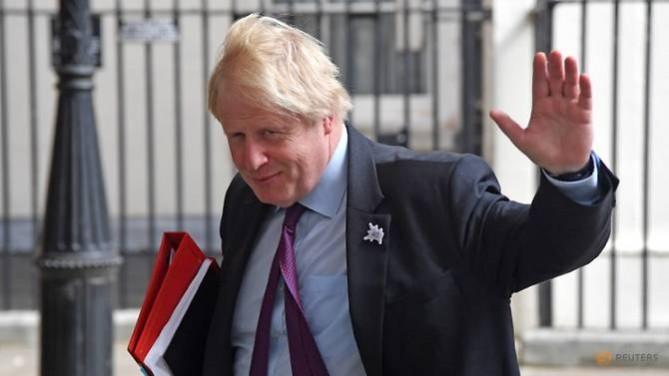
Boris Johson has won the race to become the chief of the Conservative Party and will take the role of the UK's Prime Minister. Johnson will take over from outgoing PM Theresa May, who failed to bring a Brexit deal to the table.
Johnson has promised to lead the UK out of the European Union with or without a divorce deal.
Johnson won 92,153 votes in the leadership election. His opponent Jeremy Hunt got 46,656 votes. As many as 159,320 members of the Conservative Party voted in the election.
May will leave office on Wednesday after going to Buckingham Palace to see Queen Elizabeth, who will formally appoint Johnson before he enters Downing Street.
The result is a spectacular victory for one of Britain's most flamboyant politicians and places an avowed Brexit supporter in charge of the government for the first time since the United Kingdom voted to leave the EU in the shock 2016 referendum.
But Johnson - known for his ambition, mop of blonde hair, flowery oratory and cursory command of policy detail - takes office at one of the most tumultuous junctures in post-World War Two British history.
Divided Kingdom
The 2016 Brexit referendum showed the United Kingdom divided about much more than the European Union, and has fuelled soul-searching about everything from regional secession and immigration to capitalism, the legacy of empire, and modern Britishness.
Brexit, which has already toppled two Conservative prime ministers, will dominate.
Johnson has pledged to negotiate a new Brexit divorce deal with the EU to secure before Oct. 31. But if the bloc refuses, as it insists it will, he has promised to leave anyway - "do or die" - on Halloween.
It is a step that many investors and economists say would send shock waves through world markets and tip the world's fifth-largest economy into recession or even chaos.
A Brexit without a divorce deal would also weaken London's position as the pre-eminent international financial centre while jolting the northern European economy.
Johnson's Conservatives have no majority in parliament and need the support of 10 lawmakers from Northern Ireland's Brexit-backing Democratic Unionist Party to govern.
Even then, the majority is wafer-thin - and some lawmakers have threatened to bring down the government, a step that would probably deepen Britain's political crisis and lead to an election.
(With inputs from Reuters)

















